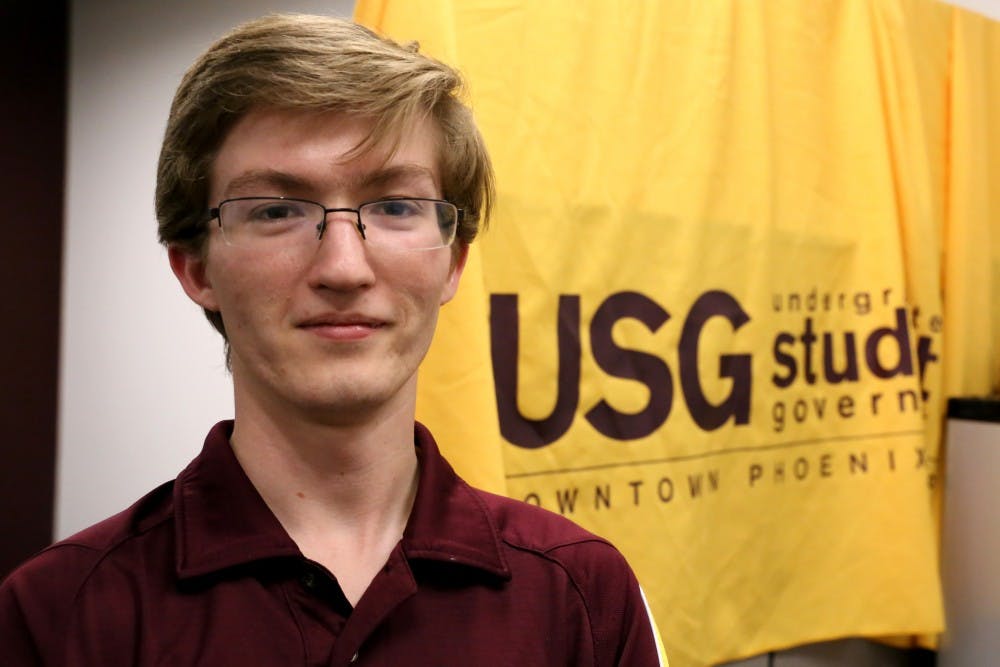The ASASU Supreme Court declared informal caucus meetings unconstitutional and “not in the interest of a transparent government" Thursday morning.
The issue came to the attention of the Court because of a lawsuit filed by Ryan Boyd, a law and policy senior and former Undergraduate Student Government Downtown Vice President of Policy. In his suit, Boyd challenged the constitutionality of the USG Senate body holding closed meetings to discuss official business.
“The longer term background is that we’ve had a whole bunch of times where we’ve had things like the athletic fee four years ago, where we passed it without any regard for our own bylaws,” Boyd said. “I wanted to make sure that doesn’t ever happen again, where you have a fee or major decision being discussed and hammered out in a back room deal and then (coming) out to the Senate for a ceremonial vote.”
Boyd said he looked into changing the laws — USGd Senate Bills 8 and 14, passed in Fall 2016, gave the Senate the right to hold informal meetings — but ultimately hoped for a bigger impact.
“There was talks about not continuing on with (the lawsuit) because I got messages the morning that I filed it that they wanted to open up caucus meetings anyways,” Boyd said.
Boyd said opening the caucus meetings were important for students at ASU. He said that the Supreme Court decision would impact every campus, instead of just the downtown Phoenix campus.
The judgment from the Court rebutted five points made by the Senate in SB 8 and 14, such as the idea that “senators often discuss matters that are not immediately relevant or important to the student body.”
“The relevance and importance of an issue to the student body is not up to the determination of the Undergraduate Student Government Senate, but the student body itself,” the court said in the document. “All issues discussed by the Undergraduate Student Government Senate are immediately relevant and important to the student body.”
The USGD Senate will hold first reads of SB 29 tomorrow, which would have effectively repealed the laws allowing closed caucus meetings. However, the bill acts now as a follow-up to the policy that the Court put in place.
Boyd called the decision a “huge victory” in regard to the operations of Court.
“There (was) a huge list of firsts within our own judicial system that go off and say that we can actually have the courts go in and say that this is something that is against the constitution and that it can be dealt with, without having to involve other parties,” Boyd said.
USGD President Jackson Dangremond said the Senate would still go through with tomorrow's bill, but was thankful for the Supreme Court precedent set forth in the judgement
“I’m excited to see that our ASASU USG Supreme Court is organized in such a fashion to really deliver this judgement on caucus or anything of that matter," Dangremond said. "It really just shows they are committed to serving the best interest of our students."
Reach the reporter at maatenci@asu.edu or follow @mitchellatencio on Twitter.
Like The State Press on Facebook and follow @statepress on Twitter.




